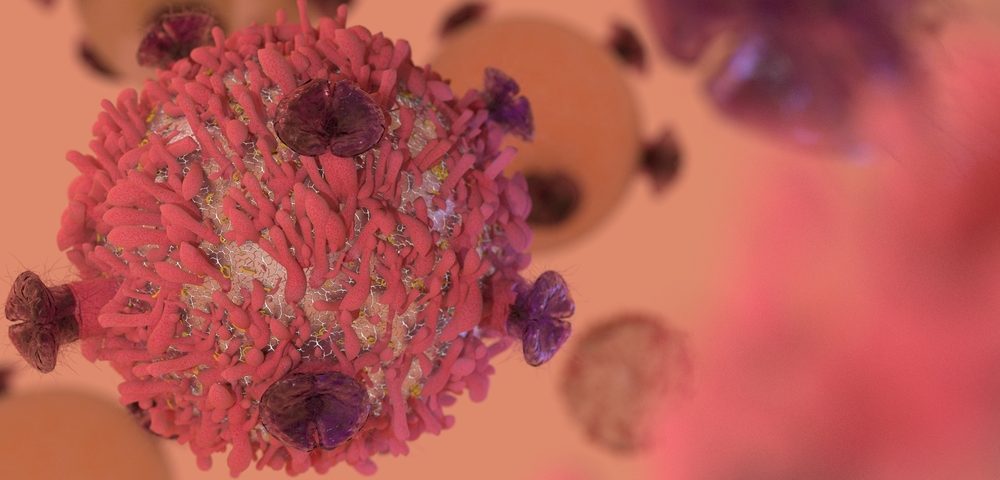City of Hope‘s CAR T-cell therapy has shown promise in a Phase 1 clinical trial as a treatment for two hard-to-treat blood cancers — refractory acute myeloid leukaemia (AML) and blastic plasmacytoid dendritic cell neoplasm (BPDCN).
In a first-in-human trial, the treatment was safe and reduced tumor burden in most patients, according to a press release describing the findings. Some patients achieved complete responses, enabling them to proceed with a stem cell transplant.
The study, “Remissions of Acute Myeloid Leukemia and Blastic Plasmacytoid Dendritic Cell Neoplasm Following Treatment with CD123-Specific CAR T Cells: A First-in-Human Clinical Trial,” was presented during the ASH 2017 Annual Meeting Dec. 9-12 in Atlanta, Georgia. It was led by Elizabeth Lihua Budde, MD, PhD, from the City of Hope’s Hematologic Malignancies and Stem Cell Transplantation Institute in Duarte, California.
“We are looking forward to sharing our latest research findings and continuing our commitment to advancing the most promising cures against cancers, including finding new targets in CAR-T cell therapy,” Stephen J. Forman, head of the Institute said in the press release.
Outcomes for AML patients that relapse after hematopoietic stem cell transplantation from a partially matched donor are poor. Another blood cancer, BPDCN, remains incurable with median survival rates of less than 18 months.
Cancer cells in both AML and BPDCN present the CD123 molecule on the outside of their cells. In particular, CD123 is expressed on leukemia stem cells, which are thought to be responsible for relapse in this disease. This makes CD123 an attractive target for CAR T-cell adoptive immunotherapy.
CAR T-cell therapy is a type of immunotherapy that uses a patient’s own immune cells to treat their disease. In this case, T-cells are removed from the patient and modified to recognize the CD123 molecule. This allows the T-cells to specifically identify and kill the cancer cells when reintroduced into the patient.
Work from this group showed that this type of CAR T-cell therapy was effective in preclinical models. Now, they started a first-in human Phase 1, dose-escalation clinical trial (NCT02159495) to study the disease in human cancer patients. The trial is still recruiting participants.
To date, 14 patients have been enrolled in the study and seven have been treated, six AML and one BPDNC patient.
Before entering the study, all six AML patients had relapsed after receiving a partially matched stem cell transplant. Two patients received 50 million CAR T-cells, one of whom achieved a positive response with limited toxicity, so she went on to receive a second infusion three months later. After this infusion, the number of leukaemia blast cells were reduced from 77.9 to 0.9 percent after 35 days.
An additional four patients were treated with a higher dose of 200 million CAR T-cells. Two of these patients achieved complete remission and underwent a second stem cell transplant. After 161 days post-transplant, one patient remained disease-free. The other two AML patients had reductions in the number of leukaemia cells, but failed to achieve complete remission.
Side effects included cytokine release syndrome, a potentially life-threatening adverse event characterized by an over activation of the immune system. But these side effects were treatable.
The BPDCN patient was treated with 100 million CAR T-cells. This patient saw a reduction in tumor burden after a single dose and achieved complete remission for at least 60 days.
These results show that treatment with CD123 CAR-T cells is safe and feasible. More importantly, the treatment may provide significant benefit for patients with refractory AML and BPDCN.


